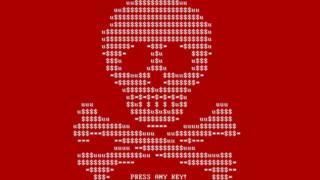If you are watching YT ads, ransomware might lock your Computer, charging you with a ransom by claiming you´d have downloaded illegal content from the web. Malware in YT Ads isn´t new but this case concerns mostly American users (96 %).
YouTube served users malicious advertisements Trend Micro says PCWorld
YouTube served users malicious advertisements Trend Micro says PCWorld



